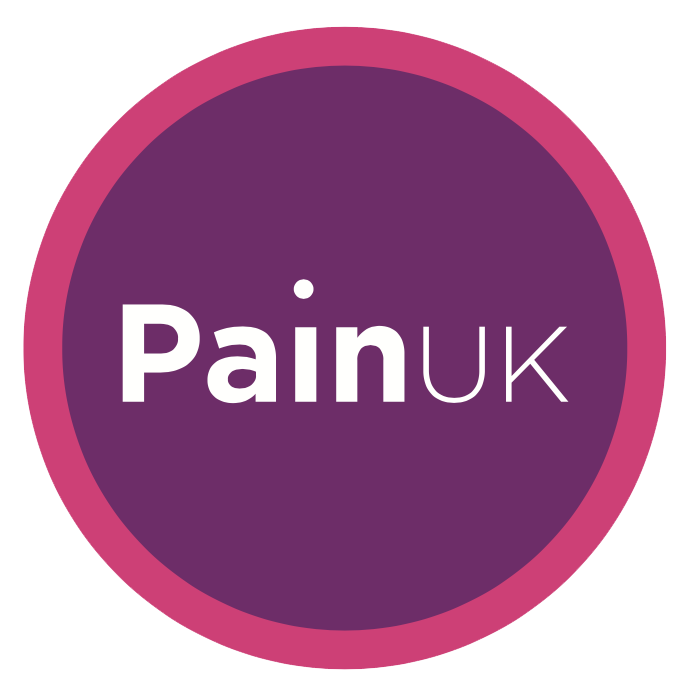Introduction:
Zena Hockley lives with fibromyalgia. She tells us how she struggled like most with the debilitating symptoms. Despite various doctors and cocktail of medication nothing helped which led her to start researching the mind-body approach to healing.
Today, she lives a different life with her chronic pain, due to changing her mindset around the condition. She has now trained in body healing, life purpose coaching, NLP and breathwork with the intention of helping others to realise the potential for a different life with the condition.
Ouch! Why your words might be hurting you.

Did you know negative words associated with physical pain have the power to create tension in the body intensifying our pain perception? When you’re in constant pain, its normal that we all fall into the habit of expressing our emotions not only for ourselves but to those around us.
But what if you knew by changing the words you use, it’s possible to create a different way of being. If you find this hard to believe, try this short but powerful experiment:
Read out loud the following two sets of statements leaving a 30 second pause in between.
As you do, observe how the words resonate in your body. What do you feel and where? How is your mood affected? What different experiences are evident between the two sets of statements?
Set 1:
-
- “I am in unbearable pain”.
-
- “I am unable to cope with this pain”.
-
- “The weight of this pain is killing me”.
Set 2:
-
- “I am calm and relaxed”.
-
- “I am safe and at ease.”
-
- “I am in control despite my pain.”
It’s likely you experienced some tension with the first set of statements. Maybe even pain, knot in your stomach or faster heartbeat? Whereas, the second set, a different experience more relaxed, less tension and a resting heart rate.
This is why it’s important to start choosing your words wisely because they have the ability to harm or heal us!
3 WAYS TO CHANGE YOUR LANGUAGE TO TRAIN THE BRAIN TO STOP PRACTICING PAIN:
“Enough with the pain talk.”
Simply stop talking about pain. I know it’s a big ask, after all you deal with it daily so it’s hard to avoid. Become more self-aware of your language when in conversation with family, friends or colleagues who ask about your pain.
Instead, practice redirecting the conversation to other aspects of your life. You might want to say “It’s kind of you to ask, but I don’t like to focus on my condition. I’d love to chat about [fill in] instead.” This will demonstrate that you are focusing on the positive, not the negative!
“Keep your pain in perspective, not in panic.”
Try not to worsen your pain by having a negative outlook or expecting the worst outcome. This will only make you more nervous, tense and increase the pain signals. Select words that truthly convey your pain and its influence on you.
Rather than saying “My pain is unbearable” or “My pain is killing me”, you could say “My pain is severe at this time but I’m managing” or “My pain is bearable today”.
Catastrophising language sends a message to the brain that a threat is present. The brain will do its thing to protect you by escalating the pain signals.
“Use language that empowers you, not disempowers you.
Pick words that are encouraging and empowering that focus on your potential, not your limitations. Rather than saying “I can’t go out today because of my pain”, you can say “I’m spending a day at home to nurture myself” or “I’m excited to go out tomorrow when I’m feeling better”.
Avoid using negative labelling like “I’m a chronic pain sufferer” and instead replace with more realistic descriptions such as “I live with chronic pain” or even more empowering: “I’m a fibrowarrior!”
Keep in mind that each of us possesses the inherent ability to alter our thoughts, beliefs, and behaviours to initiate a new reality. It merely requires your decision to aspire for something different for yourself.

You must be logged in to post a comment.